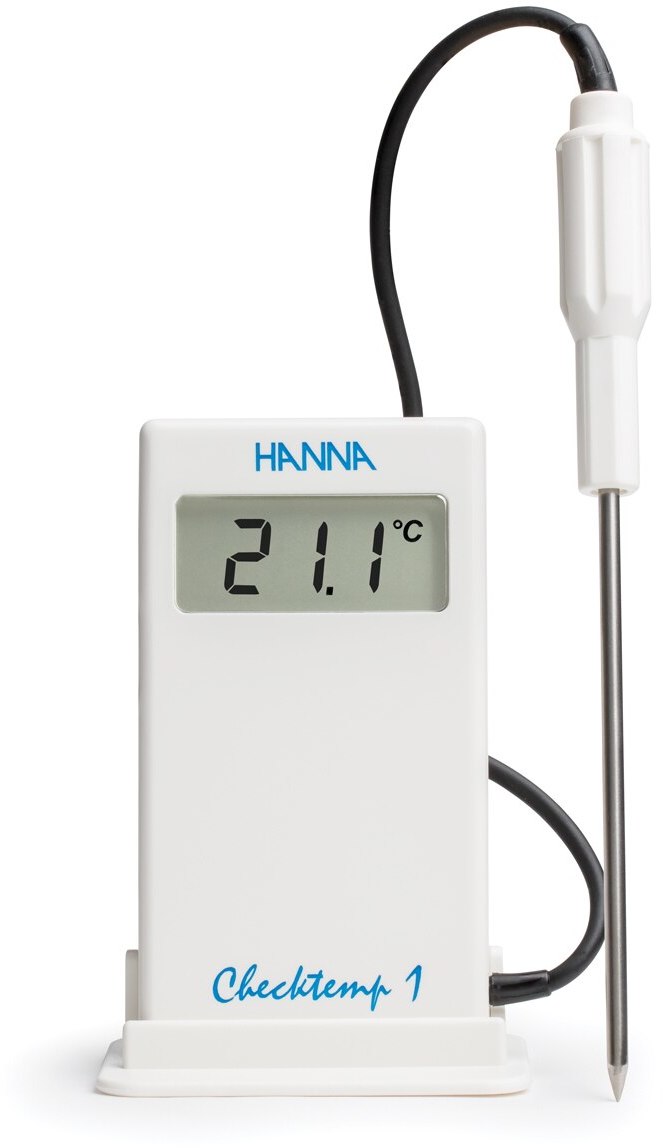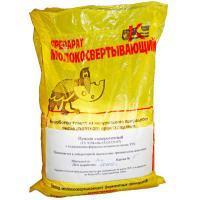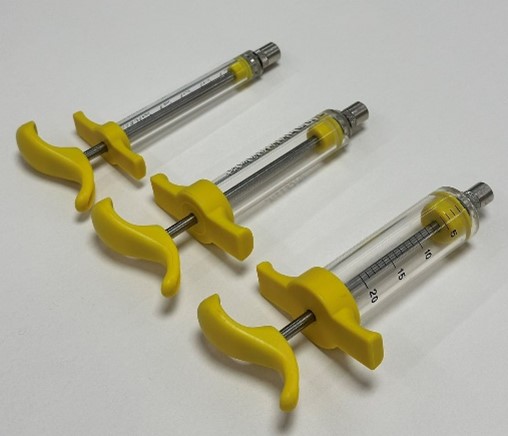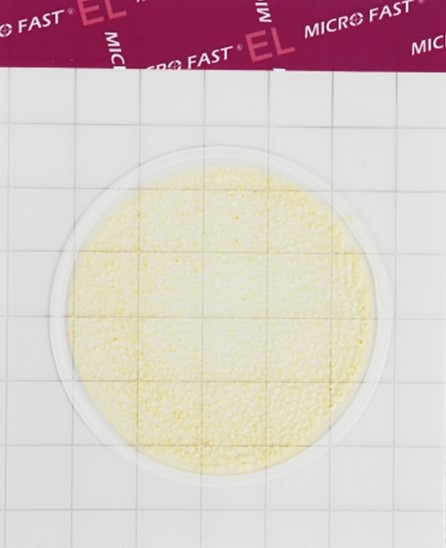EU Foreign Ministers supported tax on income from Russian assets
EU foreign ministers have supported the introduction of a windfall tax on Russian frozen assets, which will be discussed later this week. BLOOMBERG reports this , citing informed sources.
According to the agency, Ukraine’s allies “generally agree that RUSSIA must pay for the damage caused,” but the question of confiscation of Moscow’s assets is not yet on the table.
The HEAD of European diplomacy, Josep Borrell , said the day before that the EU intends to make a decision on the use of income from Russian assets before the meeting of EU foreign ministers, which will take place on February 19. Work on the agreement, he said, is almost finished, and now the discussion should continue at the ambassadorial level.
After the start of the special operation in Ukraine, the EU and G7 countries froze about $280 billion (€260 billion) of assets of the Russian Central Bank in the form of both cash and securities. Over two thirds of them were frozen by the European Union. In 2022, the Russian Ministry of Finance
estimated frozen assets at approximately $300 billion. Most of these assets are located in the Belgian Euroclear (which includes the depository of the same name and Euroclear Bank), from which the group earned about €3 billion in just nine months of last year.
Bloomberg reported EU leaders' support for the plan to introduce a tax on excess profits from Russia's frozen assets back in June 2023. The initiative raises both legal and financial issues, the agency noted at the time.
There have been repeated calls in the West and in Kyiv to use frozen Russian assets to restore Ukraine. Last December, the European Commission (EC) approved a mechanism that provides for the use of income taxes (windfall taxes) from frozen Russian assets to help Ukraine.
As Bloomberg wrote with reference to an EU document, the mechanism developed by the EU countries for using windfall tax includes the following steps:
“After deducting expenses and national taxes, the profit generated will be clearly defined and accounted for in accordance with the share capital and risk management requirements. This will make it possible to transfer them and credit them to the EU budget in favor of Ukraine at a later stage,” the document said.
In the European Union, as Bloomberg wrote, the idea of introducing a tax on profits from frozen Russian assets began to be discussed in September. The Financial Times (FT) previously reported that through this mechanism the EC intends to raise up to €15 billion to finance assistance to Ukraine.
President Vladimir Putin noted that the West’s actions with Russian assets are similar to theft and it “has never brought anyone any good, especially those who are involved in this unseemly business.” Press secretary of the head of state Dmitry Peskov said that legitimizing the confiscation of Russian assets would in any case be an illegal decision.



























































